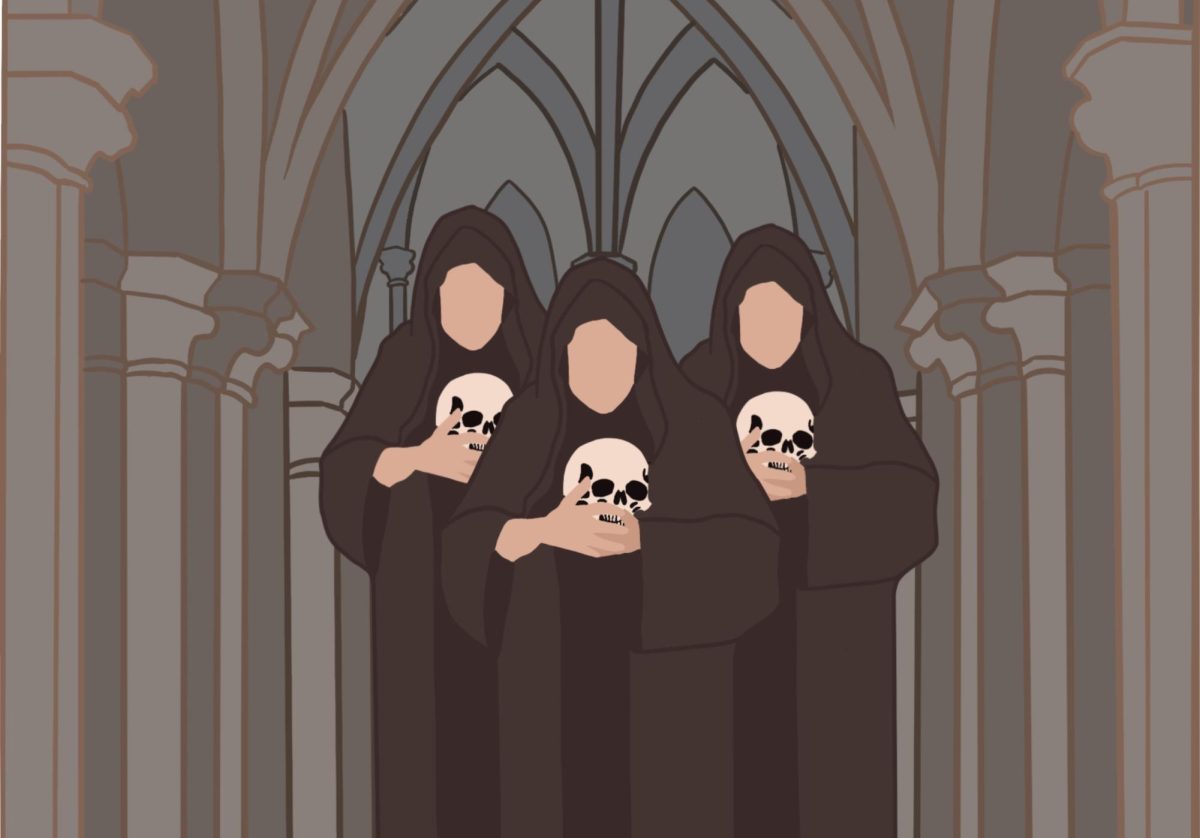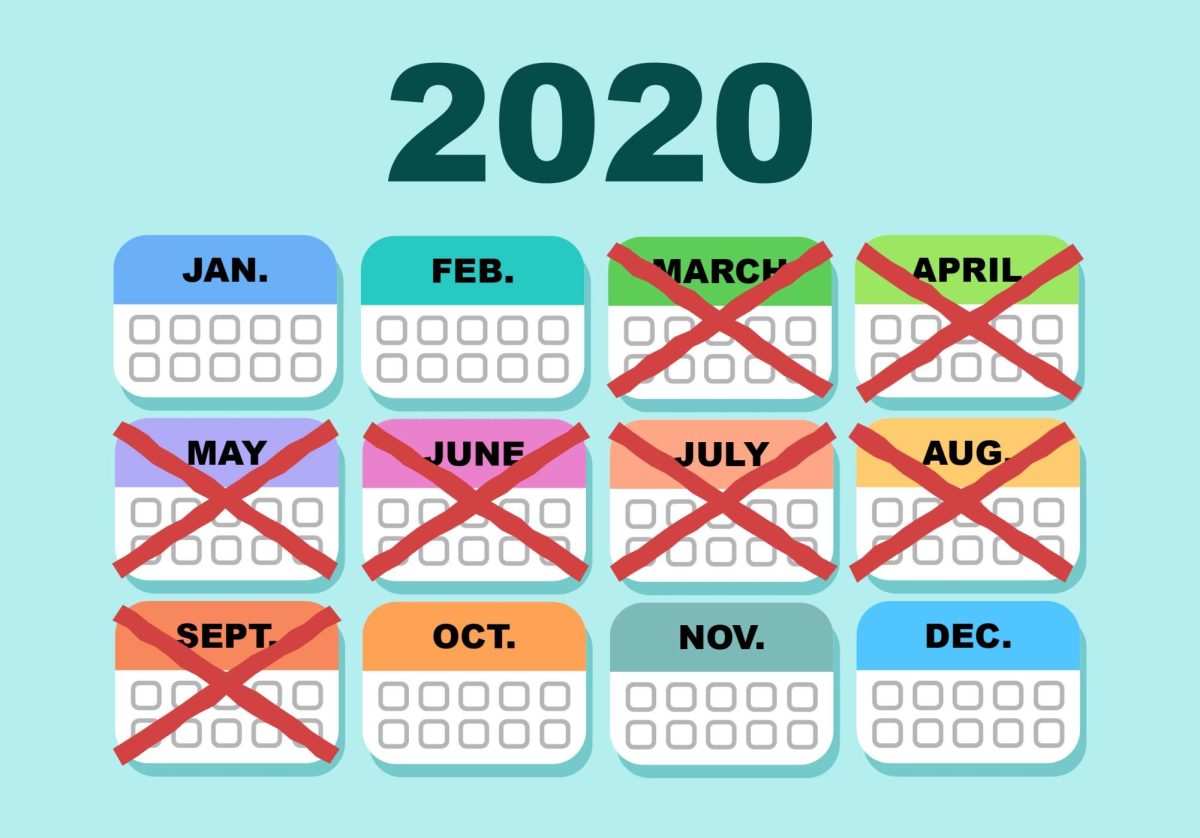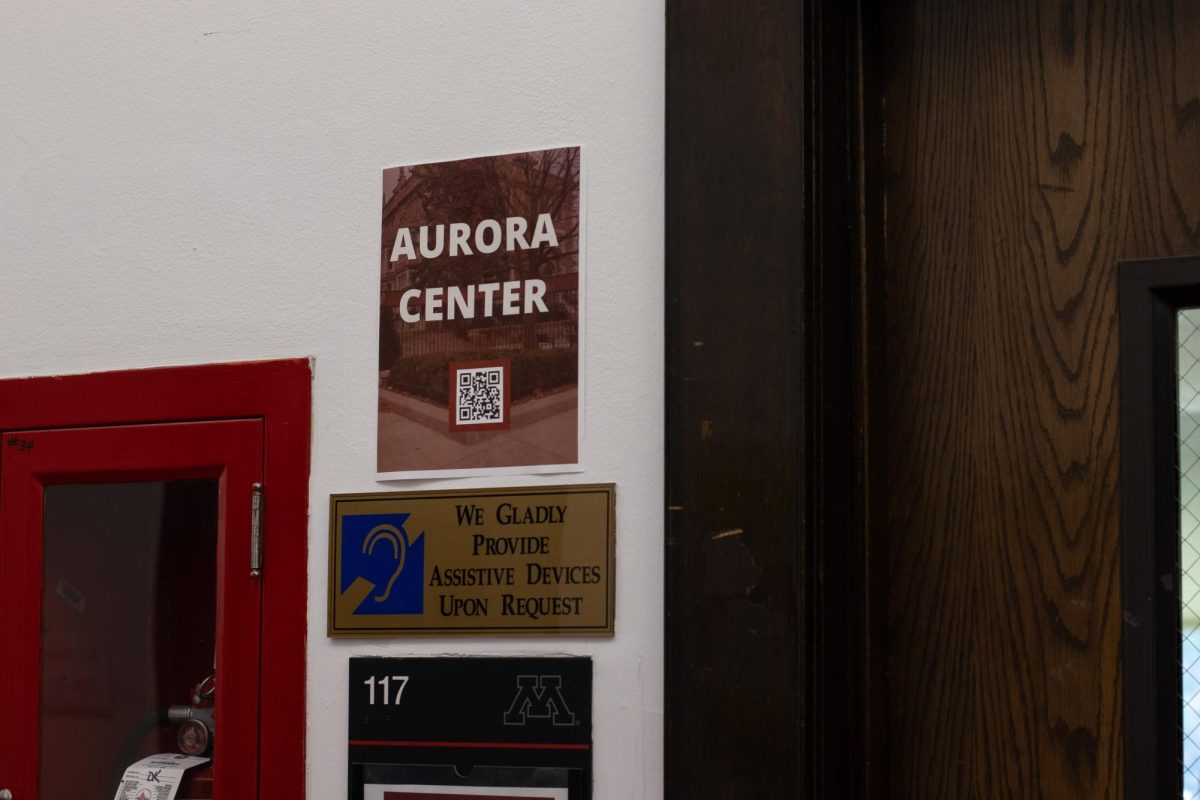Martin Scorsese’s mob epic The Irishman is … long. It’s centered on Frank Sheeran, a truck driver-turned-hitman for the infamous Bufalino crime family. In the film, Sheeran becomes a member of the Teamsters labor union and works directly under union president Jimmy Hoffa, played by Al Pacino.
After watching it, I added several badass euphemisms to my collection of “random things to say to your friends at 2 a.m. after a long night in Dinkytown.” There is nothing better than leaving someone a voicemail where the only thing you say is, “I heard you paint houses.” It also portrays the influence of labor unions in the 1950s when union membership peaked at an estimated 28.3 percent. Today, only 10.3 percent of salary and wage workers are unionized. This is worrisome. Unions play an integral part in giving workers the rights and benefits that allow them to lead dignified lives.
At the University of Minnesota, there are nine separate collective bargaining contracts. These unions, such as the Teamsters Local 320, are comprised of the University’s frontline workers. What they lack in macabre mobster quotes, they make up for with their contribution to our privileged lives as Gophers. But sometimes we ignore the reality that we are dependent on these people’s work to function day-to-day. While we as students try to make the most of our education, these unions fight for increased wages and benefits for their members in tense negotiations with University administrations. Unfortunately, past administrations have often been unreceptive to the wishes of their employees.
“The Teamsters’ negotiations with the University of Minnesota are always difficult,” said Teamsters Local 320 representative Brian Aldes. “There’s a University that doesn’t, we feel, always value its employees.”
Negotiations between unions and the University take months, and their contentious nature often spur rallies or protests from unions demanding for better treatment.
This feeling of being undervalued is not unique to the Teamsters. AFSCME Local 3800 president, Cherrene Horazuk, said that administrations have often had an antagonistic relationship with the clerical workers union.
Horazuk said AFSCME Local 3800 is optimistic about the future of the University under the leadership of our first woman president, Joan Gabel — especially with her supposedly collaborative approach to leadership.
However, a little more than four months since her inauguration, Gabel has yet to schedule a meeting with AFSCME. She was unwilling to meet during contract negotiations, which ended last month, according to Horazuk.
As for the Teamsters, Brian Aldes said the University has not met the union’s demands for changes to summer work for food service employees.
A good working relationship between a university president and his or her employees seems to boil down to communication and collaboration — qualities previous administration apparently lacked according to union members.
“You keep your lines of communication open, and you continue to have conversations about the issues at hand,” Aldes said.
Hopefully, President Gabel’s legacy is not solely rooted in her being our first woman president, but also in her differentiation from her predecessors by actively ensuring these workers get the dignity and respect they deserve.














